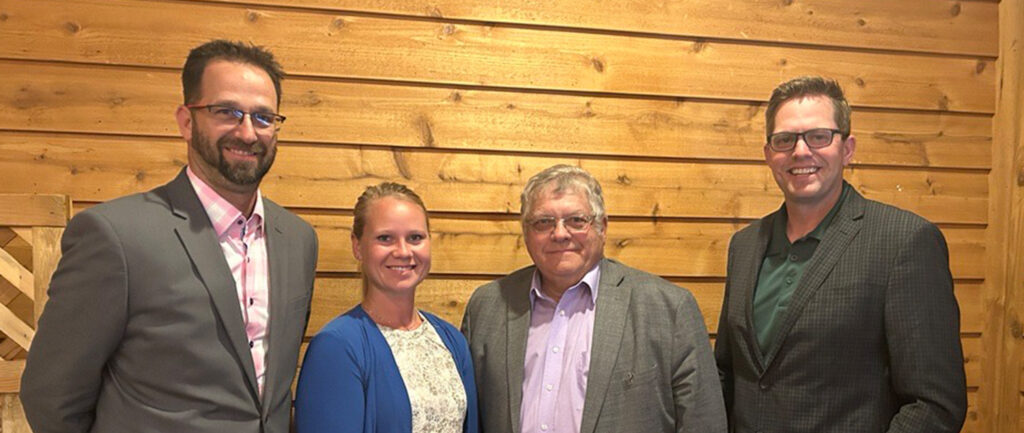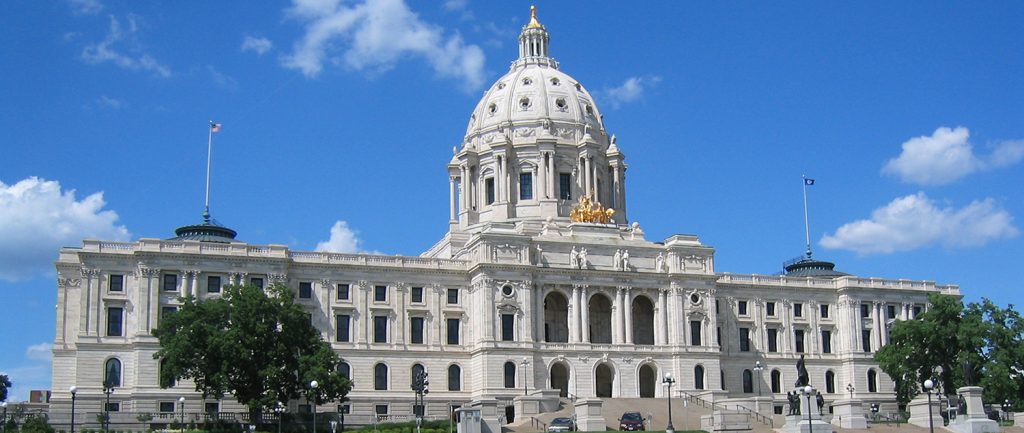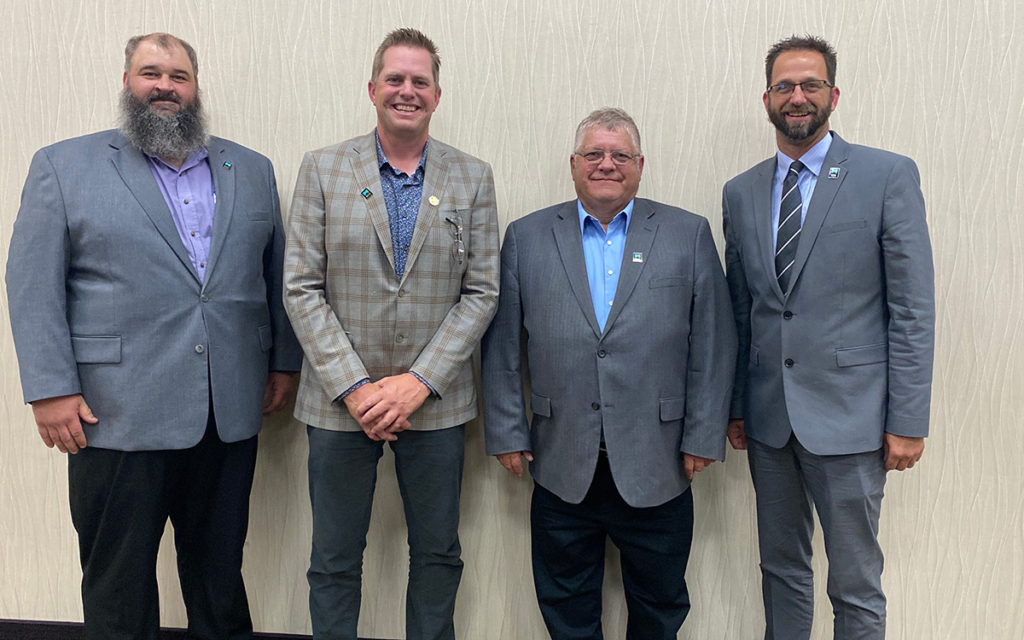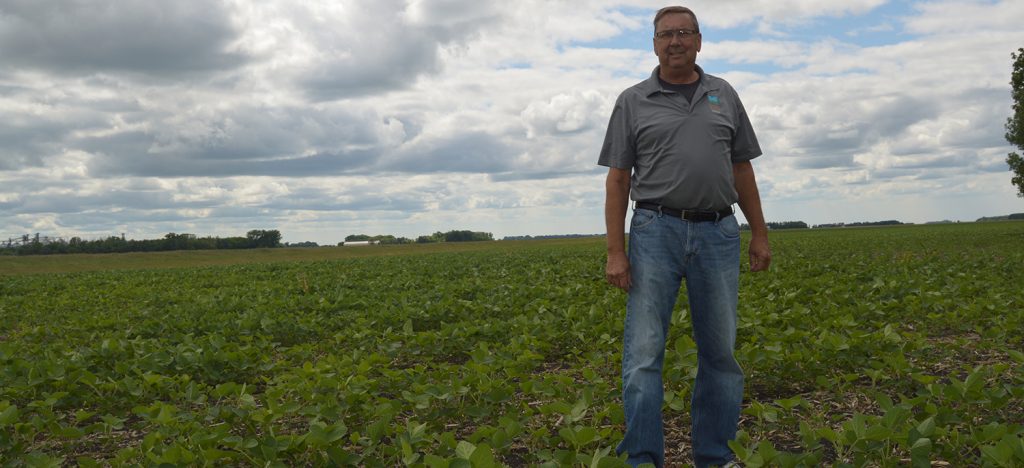The conventional wisdom among Minnesota politicos heading into Election Day 2020 was the DFL was in a strong position to earn a clear majority in the state legislature. But an anticipated blue wave failed to materialize, and Minnesota’s urban-rural divide grew even starker.
“In rural Minnesota, red has gotten redder,” said Minnesota Soybean Growers Association lobbyist Cory Bennett, a close observer of Minnesota politics. “The Democratic candidates just couldn’t stem that tide. It caught up with some of the incumbents.”
As the results came in, it became increasingly clear that the partisan status quo in St. Paul is likely here to stay for the foreseeable future. Although ballots are still being counted, all signs point to Democrats retaining slim control of the House, while Republicans cling to their Senate majority. For another election cycle, it appears Minnesota will remain the lone state in the country with a divided legislature.
“Minnesota is once again unique,” Bennett said. “We lost some strong supporters of agriculture but look forward to building relationship with new ones and addressing the challenges we face.”
Patience was hard to come by on election night, Minnesota Speaker of the House Melissa Hortman admitted.
“I think it will be a bit of a bumpy ride as we wait to see the results from everywhere in the state and everywhere in the country and then to know what exactly is included in those numbers,” Hortman said during the DFL’s virtual election night party. “Although we all told ourselves before this night came that we would have to be patient, it is very difficult on the night of the election when we’re very anxious for results to persuade ourselves to be patient.”
Republicans, buoyed by their strength in Greater Minnesota, were on track to flip at least six House districts held by Democrats, including House Ag Chair Jeanne Poppe’s seat in southern Minnesota. The GOP, running on a disciplined “law and order” message, also made inroads in the Twin Cities suburbs, outperforming President Trump in several races.
“Every election you have surprises, and this was no different,” Bennett said. “The Republicans did very well in the suburbs, and that’s reflected in the results.”
When the 2021 Legislative Session begins on Jan. 5, 2021, a divided government will have to work with Gov. Walz to tackle a number of critical issues facing the state, including a projected budget deficit and the state’s ongoing response to COVID-19.
“We have tremendous challenges out there as far as balancing the state budget,” Bennett said. “It’s going to take people from both sides coming together in a nonpartisan way, and that’s a good thing.”
The Minnesota Soybean Growers Association will be holding its resolution process in the coming weeks to plot policy priorities for 2021.
“After a long election cycle, we are eager to visit with our directors and lay out our grassroots platform for 2021,” MSGA President Jamie Beyer said. “Where there are challenges, we also believe there are opportunities, and we look forward to capitalizing on any opportunities that may come our way.”





